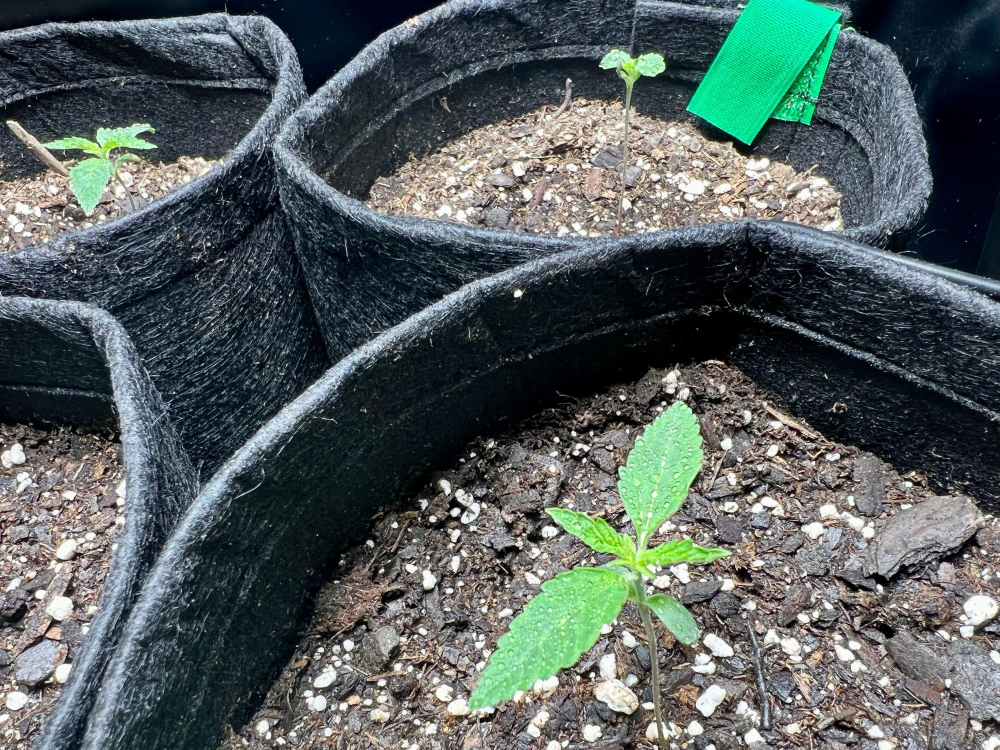With the legalization of marijuana gaining momentum across the globe, many individuals are exploring the possibility of cultivating cannabis in the comfort of their own homes. However, before embarking on this journey, it’s essential to understand the legal considerations surrounding home marijuana cultivation.
In this comprehensive guide, we’ll delve into the legal landscape of home cultivation, exploring regulations, restrictions, and best practices to ensure compliance with local laws and regulations.

Post Contents
Understanding Legalization and Regulation:
The legalization of marijuana varies from country to country and even within individual states or provinces. While some jurisdictions have fully legalized both recreational and medicinal marijuana, others have adopted more restrictive measures or maintained outright prohibition. It’s crucial for prospective home growers to research and understand the specific laws and regulations governing marijuana cultivation in their area before proceeding.
In many legalized jurisdictions, there are specific regulations governing home cultivation, including limits on the number of plants that can be grown, restrictions on where plants can be cultivated, and requirements for security measures to prevent unauthorized access. These regulations are designed to ensure the safe and responsible cultivation of marijuana while minimizing the potential for diversion to the illicit market.
Compliance with Local Laws and Regulations:
Before starting a home marijuana cultivation project, it’s essential to thoroughly research and understand the laws and regulations governing cannabis cultivation in your area. This includes familiarizing yourself with local zoning laws, building codes, and land use regulations that may impact your ability to grow cannabis at home. Additionally, it’s crucial to obtain any necessary permits or licenses required for home cultivation and to comply with any restrictions on the number of plants or the use of certain cultivation methods.
In some jurisdictions, home growers may be subject to inspections or oversight by local authorities to ensure compliance with regulations. It’s essential to maintain accurate records of your cultivation activities, including the number of plants grown, the cultivation methods used, and any purchases of seeds or supplies. By staying informed and compliant with local laws and regulations, home growers can minimize the risk of legal issues and ensure a smooth and successful cultivation experience.
Health and Safety Considerations:
In addition to legal considerations, home marijuana cultivators must also prioritize health and safety. This includes taking steps to prevent access to marijuana by minors, implementing proper ventilation and air filtration systems to prevent mold and mildew growth, and using safe and responsible cultivation practices to minimize the risk of accidents or injuries.
It’s also important to store marijuana and cannabis products securely to prevent unauthorized access and to follow safe handling and disposal procedures to minimize the risk of accidental ingestion or exposure. Home growers can ensure a safe and enjoyable cultivation experience for themselves and others by prioritizing health and safety.
Environmental Impact:
Home marijuana cultivation can have environmental implications, particularly in areas where water and energy resources are limited. Home growers need to consider the environmental impact of their cultivation activities and to take steps to minimize their carbon footprint.
This includes using sustainable cultivation practices, such as composting organic waste, using energy-efficient lighting and irrigation systems, and minimizing water usage through drip irrigation and rainwater harvesting techniques. By adopting environmentally friendly practices, home growers can reduce their impact on the planet and contribute to a more sustainable future.
Community Engagement:
Engaging with the local community is crucial for home marijuana cultivators. This may involve educating neighbors about cultivation activities, addressing any concerns or misconceptions, and fostering positive relationships with local authorities and stakeholders.
Cultivators can build trust and goodwill within their community by being transparent and proactive. Are you searching for top-notch marijuana grow kits? Head to our sources and check out the list, which features not just one but six fantastic options that are worth every penny.
Conclusion:
In conclusion, home marijuana cultivation offers an exciting opportunity for individuals to cultivate their own cannabis for personal use. However, navigating the legal landscape of home cultivation requires careful research, compliance with local laws and regulations, and a commitment to health, safety, and environmental responsibility.
By staying informed, following best practices, and prioritizing compliance with legal requirements, home growers can enjoy a rewarding and fulfilling cultivation experience while minimizing the risk of legal issues or negative consequences. With proper planning and attention to detail, home marijuana cultivation can be a legal, safe, and sustainable way to enjoy the benefits of cannabis at home.